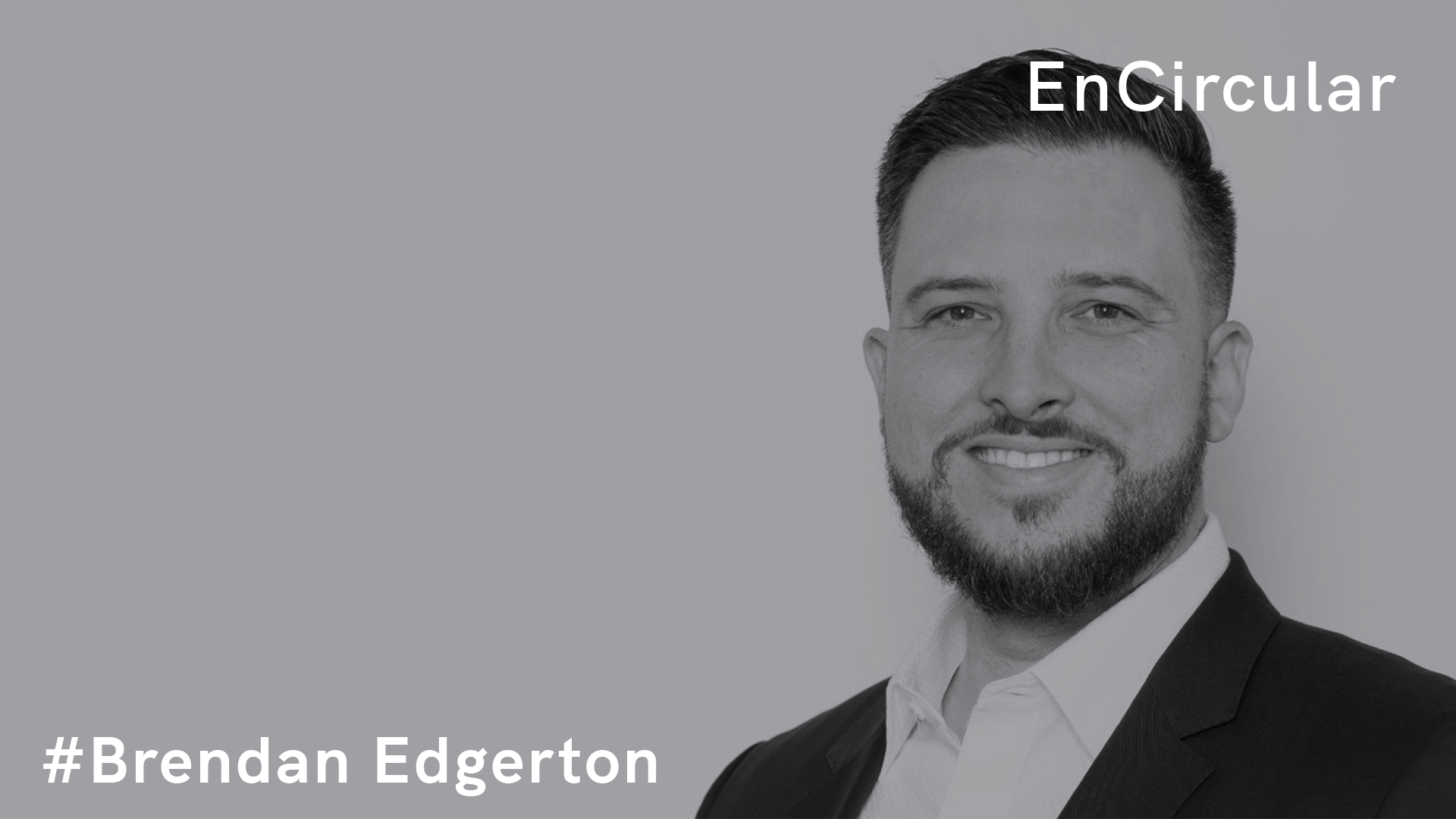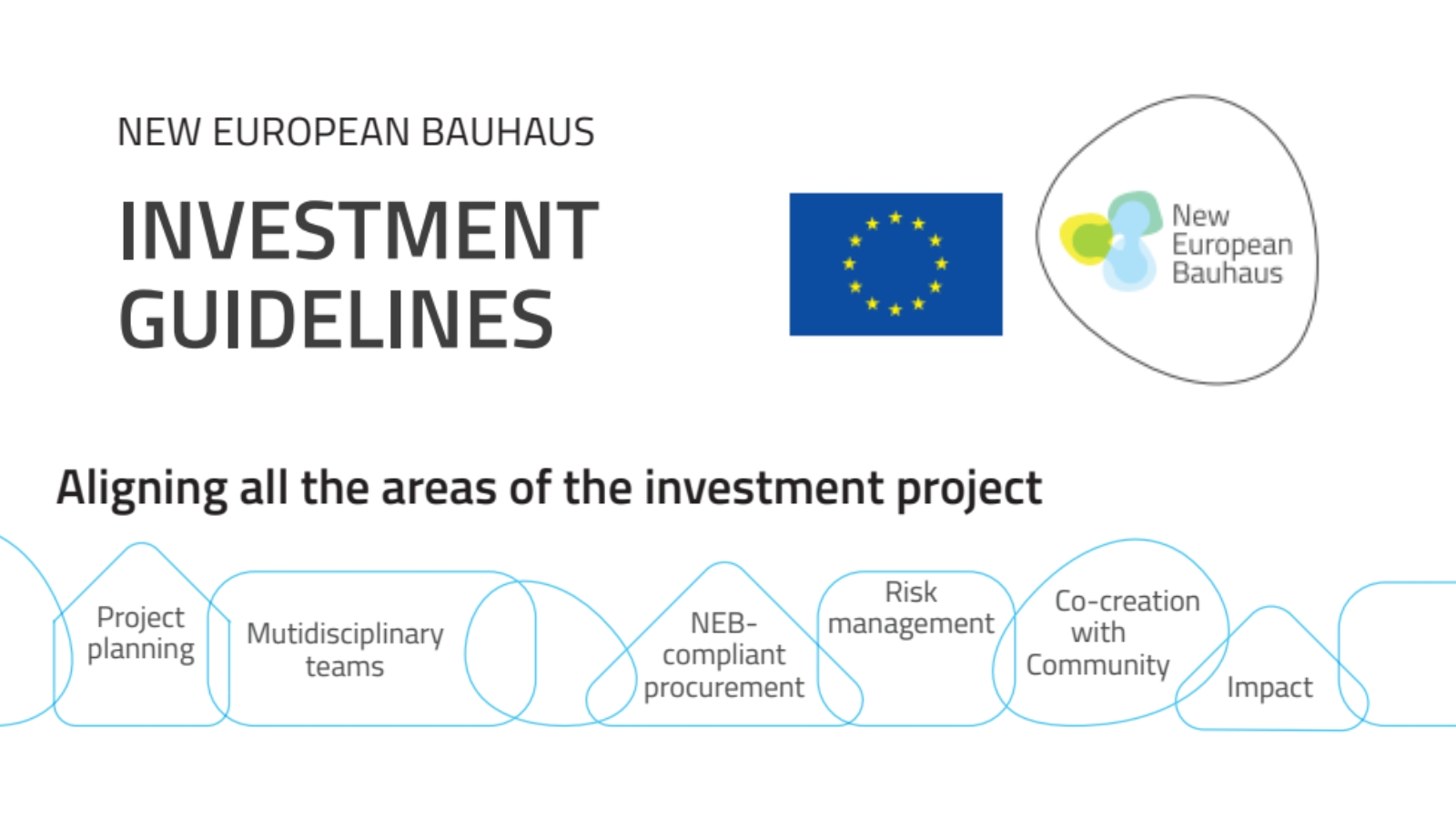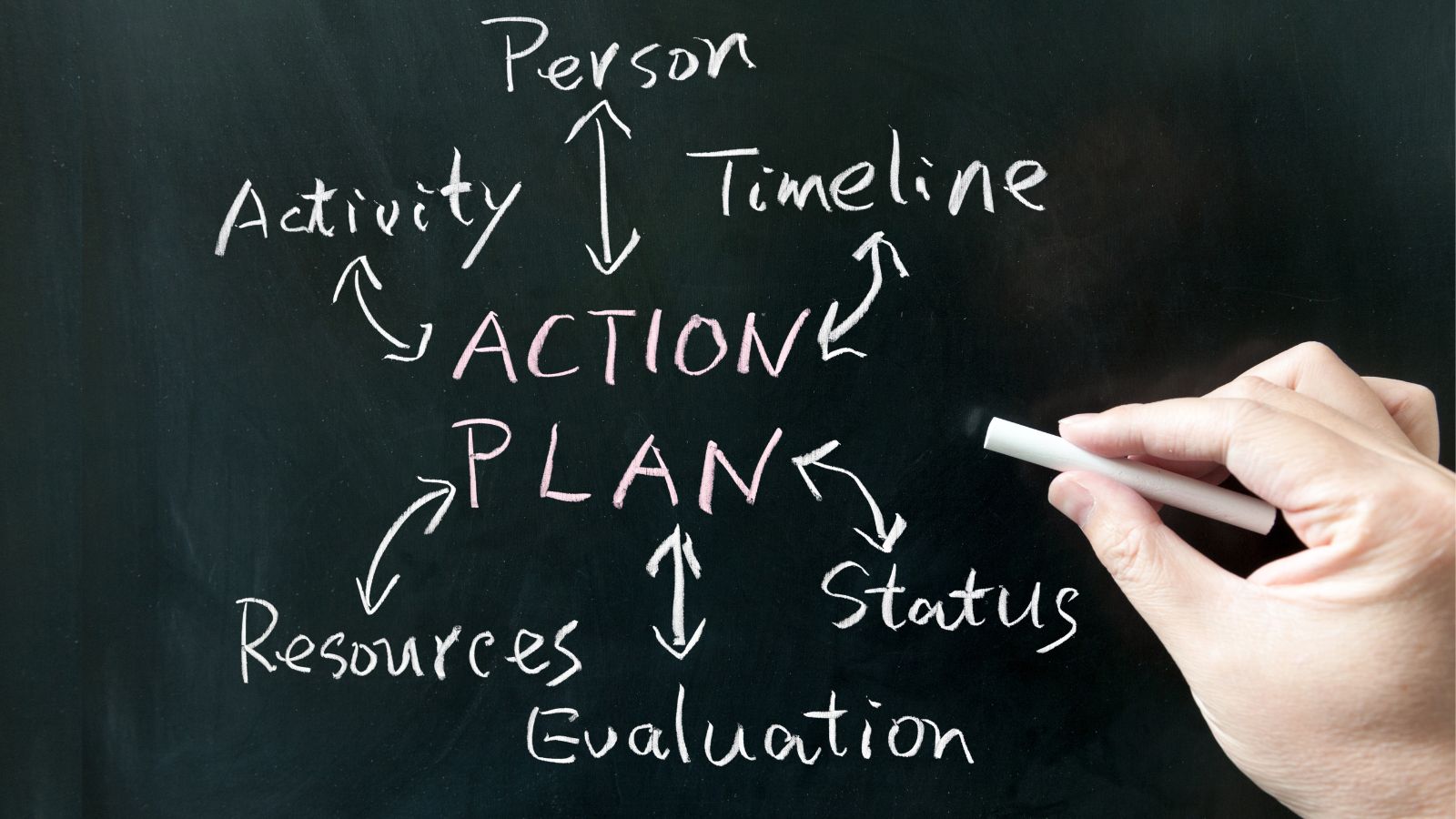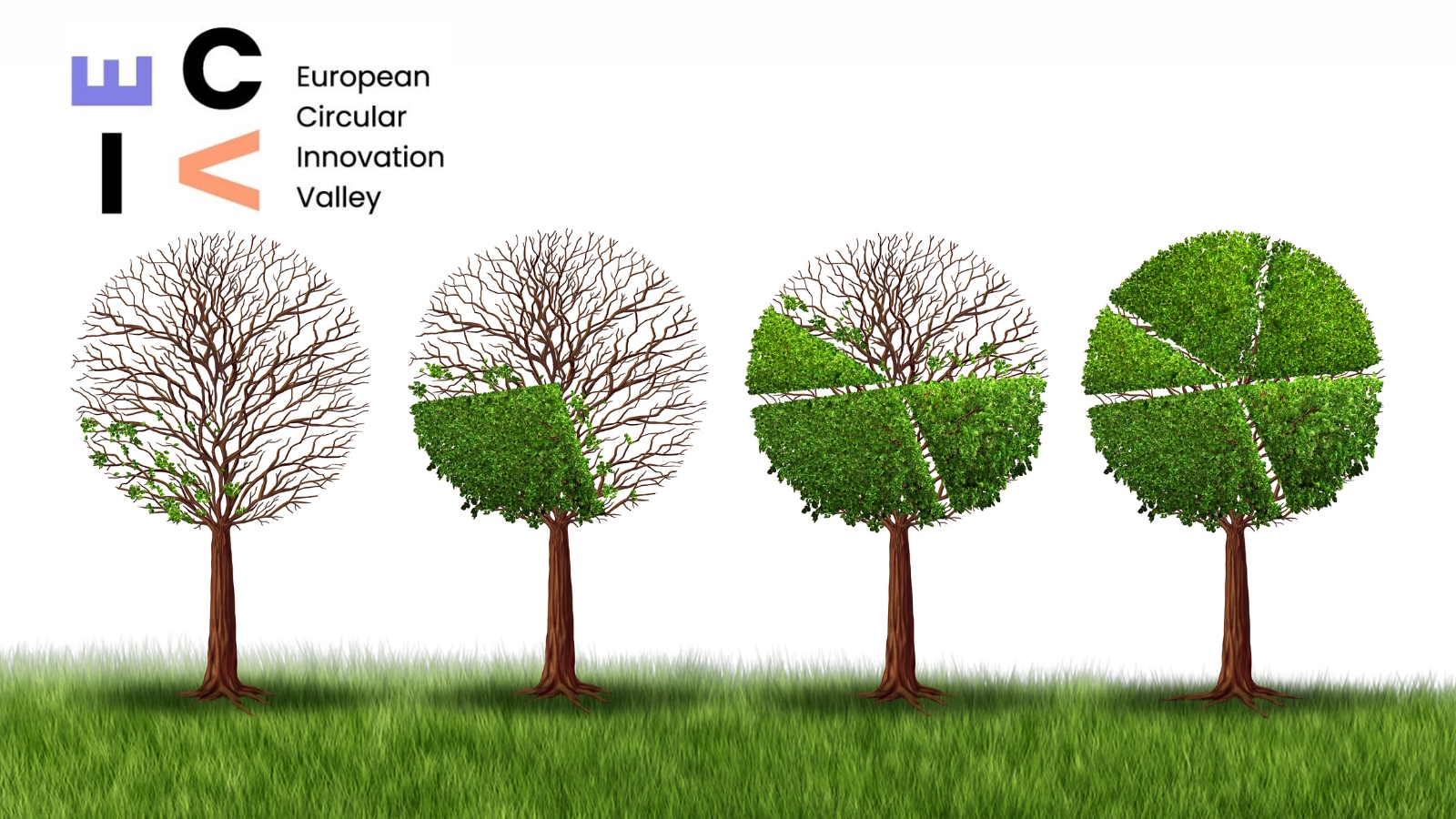Brendan Edgerton is the Circular Economy Director of the World Business Council for Sustainable Development (WBCSD), a global sustainability organisation. It is led by CEOs from over 200 leading companies working together to accelerate the transition to a sustainable world. Edgerton co-developed and oversees ‘Factor 10’, the WBCSD’s circular economy working group, and spoke about the WBCSD’s strategy at the first edition of ‘Circular Economy Open Week’*.
Global resource use has tripled since 1970. We thought that with technology we would consume fewer resources and become more efficient, but this has not been the case. Global material demand per capita has risen from 7.4 tonnes to 12.12 tonnes and material productivity started to decline around the year 2000. And we continue to increase these ratios. If left unchecked, resource use will double by 2060.
This way of consuming resources is not only unsustainable, but we are destroying the environment and health. For example, the extraction and processing of materials, fuel and food are responsible for 90% of biodiversity loss; 90% of water stress; 50% of greenhouse gas emissions; and 33% of pollution impacts on health.
Consumption is not the same all over the world. It depends on income level. The distribution is not equal at all. People with high incomes consume much more and are increasing in number by 1.6% every year. More and more people have more money and want to consume more.
In this context, only 8.6% of industry is circular, which means that not even one in ten of the resources we use returns to the production and consumption process. Moreover, this figure is below that of 2019, when it reached 9%.
This is despite the fact that circularity not only means for companies to be more sustainable, but also has a direct impact on business: it accelerates growth, increases competitiveness and mitigates risk.
According to a WBCSD report, 95% of companies consider the circular economy more important to their business today than three years ago; 93% believe it is key to their future business success, and 85% plan to invest more in this area.
From an external point of view, customers, legislators and public opinion are the main actors contributing to the promotion of these strategies. Internally, the top management, the sustainability department and the strategy department.
The process of identifying and implementing processes follows different steps, depending on the company and its scope of action, with different degrees of complexity: from process innovation – seeking to optimise efficiency and results – to innovation in the business model, which is the most difficult step, because it requires awareness and involvement of the entire value chain, from suppliers to customers, and doing things in a new way. It generates value for the company and for the environment.
Active involvement of society
At the WBCSD we are convinced that more sustainable companies will be more successful in the future. Public sector support is key to support these more sustainable materials and products in the marketplace. But society has to be actively involved.
The change of model does not only depend on what companies and governments do, but the citizen, the civil society, plays a very important role in order to reach circularity. Consumer behaviour is key, what are they buying, is there a system for them to recycle, recover, restore products locally?
Governments need to create this infrastructure so that people have a system to deposit products for recycling, to ensure that there are incentives for people to choose to repair, rather than buy new things, and to buy more sustainable and more circular products.
*The first edition of ‘EnCircular Economy Open Week’ was held from 10-13 November 2020, in Valencia. The meeting, organised by the Designers’ Association of the Valencian Community (ADCV), with the support of the Valencian Innovation Agency (AVI), brought together national and international experts and companies that are integrating business models, strategies and solutions based on the circular economy. You can access all the presentations and interviews by clicking here.









